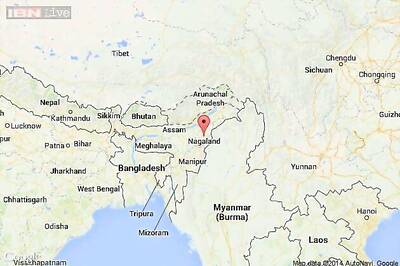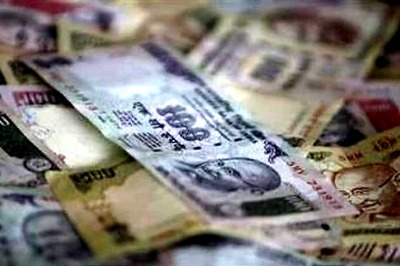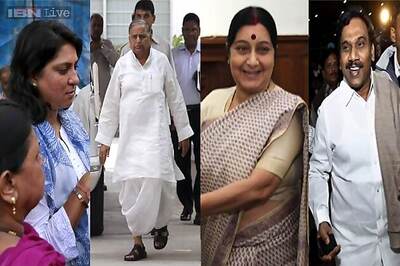
views
New Delhi: Less than 24 hours after at least 40 Central Reserve Police Force (CRPF) personnel lost their lives in Pulwama in the worst-ever suicide bombing attack in the history of Jammu and Kashmir on Thursday, the Indian government withdrew the "Most Favoured Nation" or MFN status accorded to Pakistan.
Finance Minister Arun Jaitley on Friday said the Ministry of External Affairs will initiate all possible steps to ensure complete isolation from the international community of Pakistan, which is believed to have a hand in the attack carried out by terror outfit Jaish-e-Mohammed.
What is MFN status?
Most Favoured Nation status is given to an international trade partner to ensure non-discriminatory trade between all partner countries of the WTO.
A country which provides MFN status to another country, has to provide concessions, privileges, and immunity in trade agreements. It is the first clause in the General Agreement on Tariffs and Trade (GATT).
Therefore now, India will withdraw all such privileges accorded to Pakistan in the wake of the attack.
According to the World Trade Organisation (WTO) guidelines, a member country is not allowed to discriminate between trade partners and if special status is granted to one trade partner, the country is required to extend it to all members of the WTO.
In a nutshell, MFN is a non-discriminatory trade policy, as it ensures equal trading among all WTO member nations, rather than exclusive trading privileges.
Since India and Pakistan are part of the WTO, both are required to grant MFN status to each other and other partner countries.
Does MFN status offer preferential treatment?
Although it sounds as if MFN offers preferential treatment, it only ensures non-discrimination - which means treating virtually everyone equally.
It makes sure that any country receiving MFN status avoids facing a disadvantageous situation in comparison to the granter's other trade partners.
An MFN status also helps reduce trade barriers and results in reduction of tariffs. All this collectively, helps in promotion of free trade between two or more countries.
India granted MFN status to Pakistan in 1996, just a year after the formation of the WTO. On the other hand, Pakistan is yet to award MFN status to India. The reason behind Pakistan's abstinence from granting the status to India lies in a history of decades of conflict, mistrust and war.
Thursday’s suicide attack on the CRPF convoy, however, has forced India to revoke the MFN status given to Pakistan. The move is expected to further reduce Pakistan's trade advantages, which it was earlier reaping from India.
How Big is Indo-Pak Trade?
Bilateral trade between India and Pakistan stands at USD 2.61 billion. The major commodities and goods in which both countries trade include cement, sugar, organic chemicals, cotton, man-made filaments, vegetables and certain fruits and tubers, mineral fuels, mineral oils, salts, earths, stone, lime, dry fruits, steel and plastering material. In comparison, trade between India and Bangladesh in the year 2016-17, was at $7.5 billion.
Considering there is hardly any strong trade ties between the two neighbouring countries, such a move will prove to be only symbolic. In fact, it could also lead to increased illegal trade between the two countries.




















Comments
0 comment